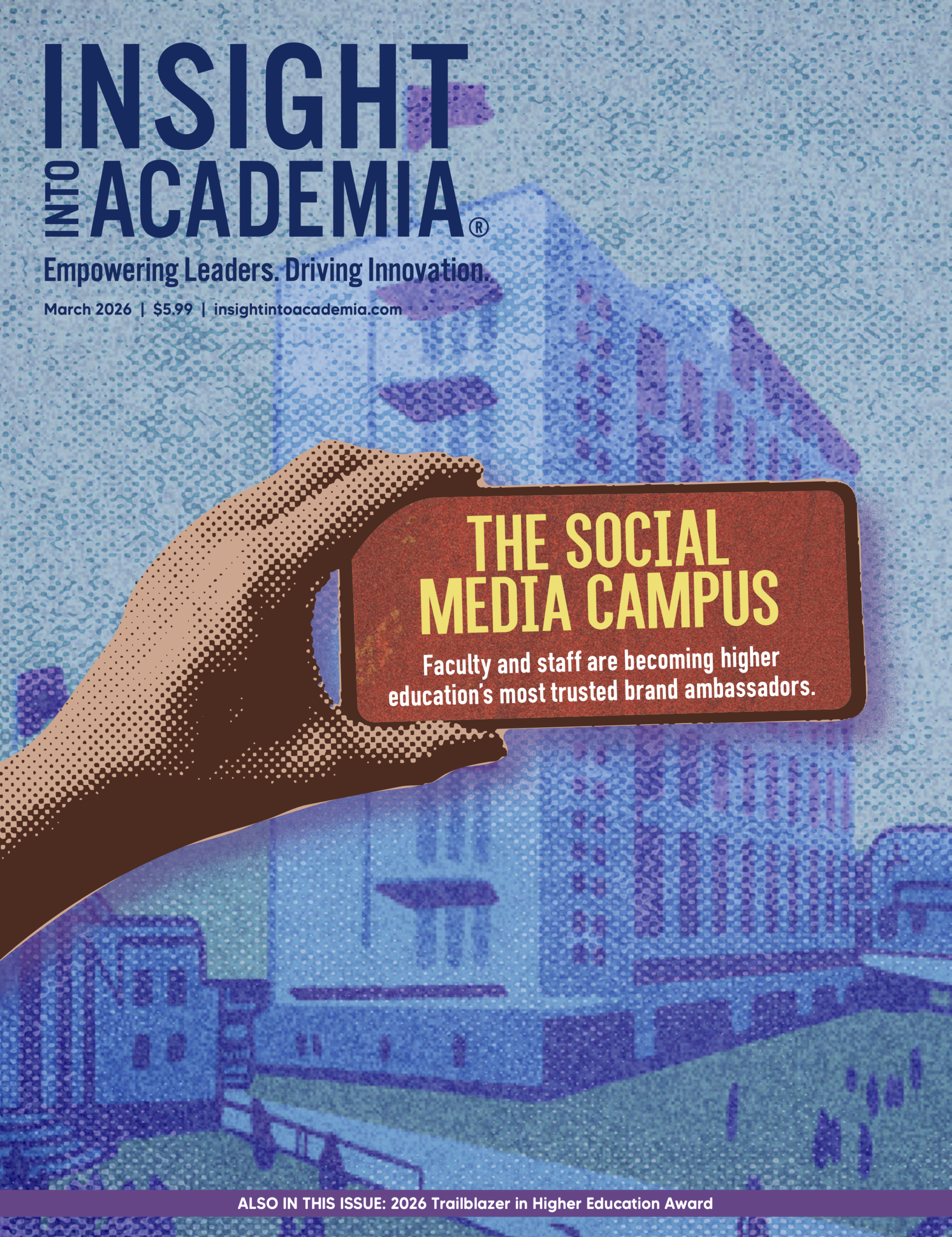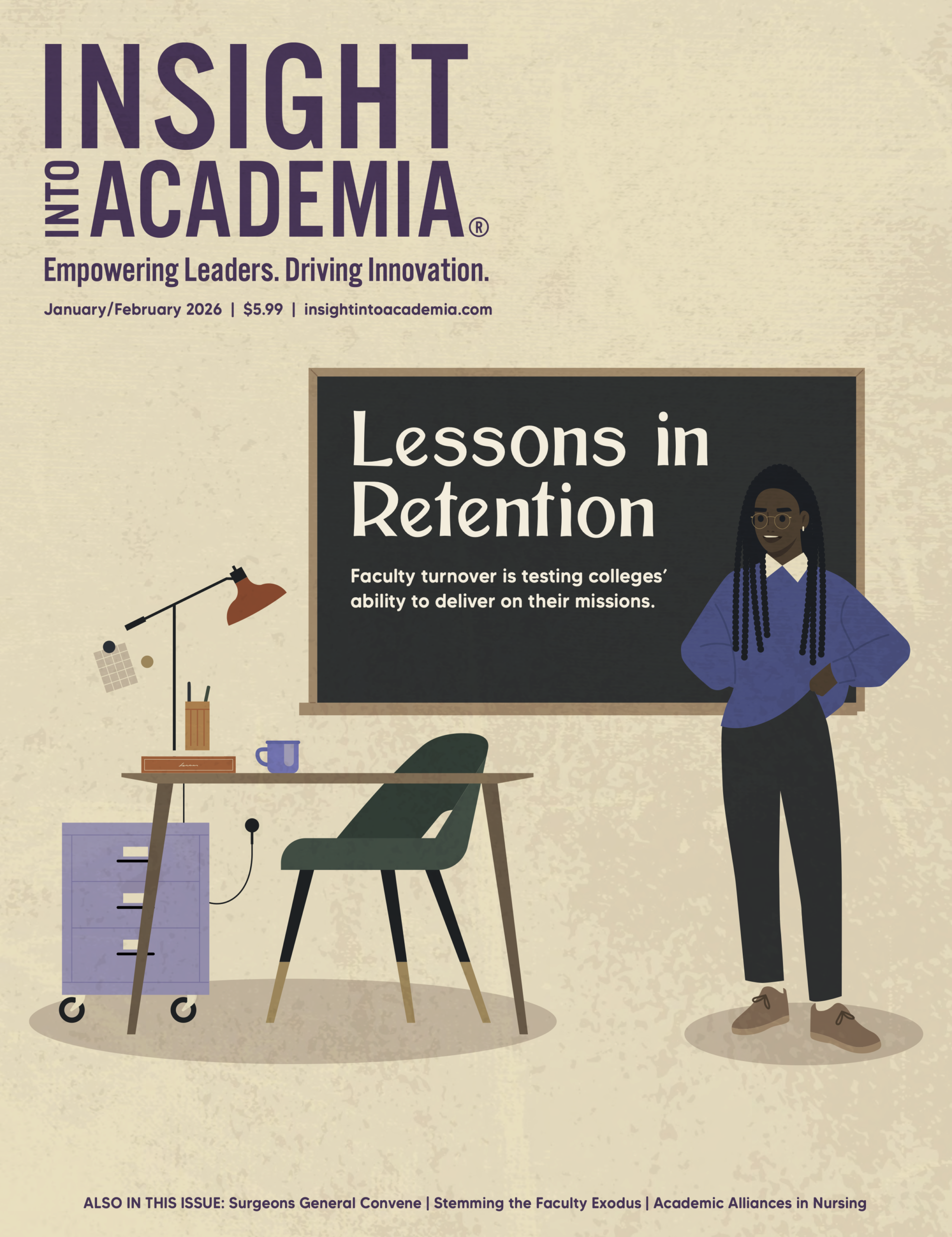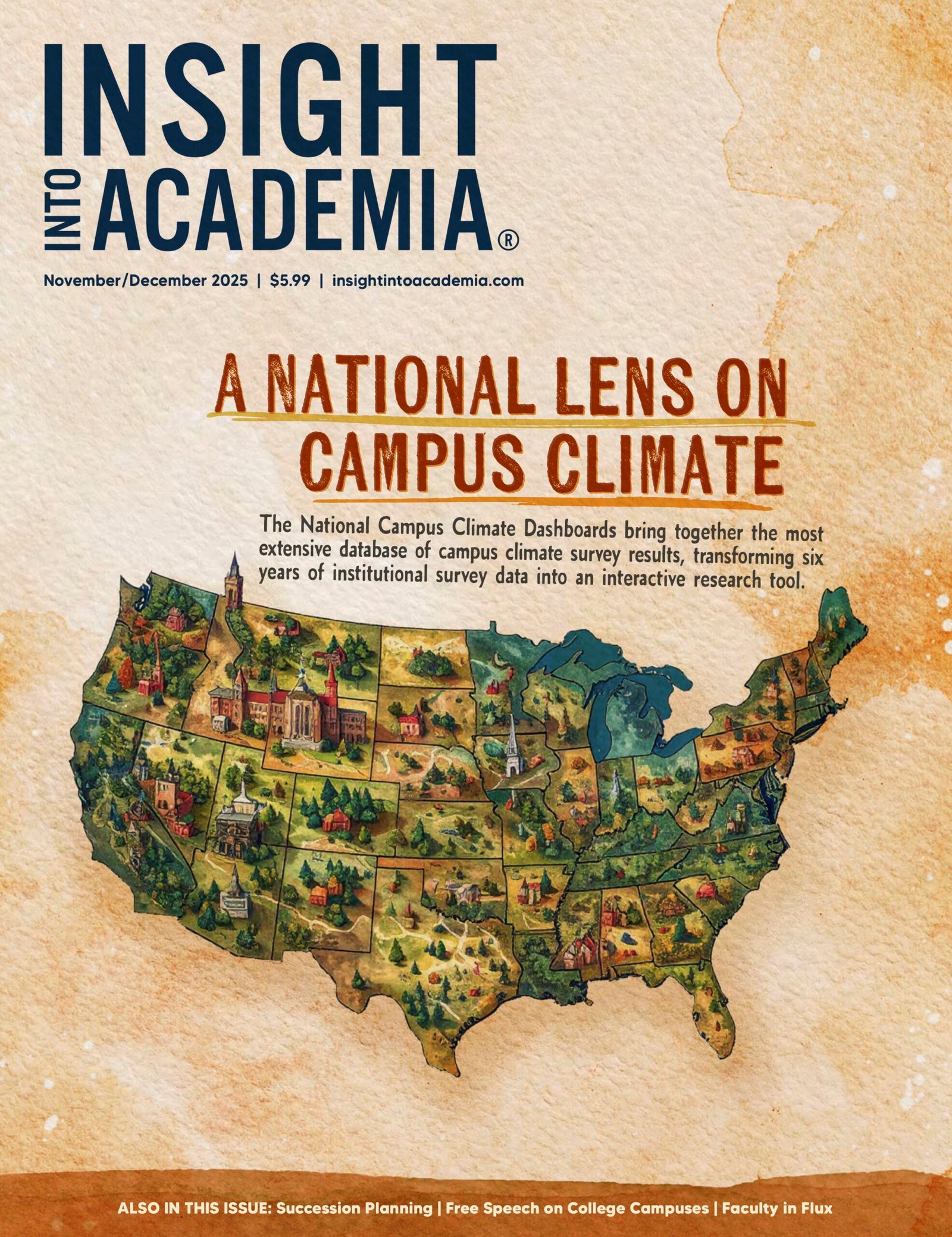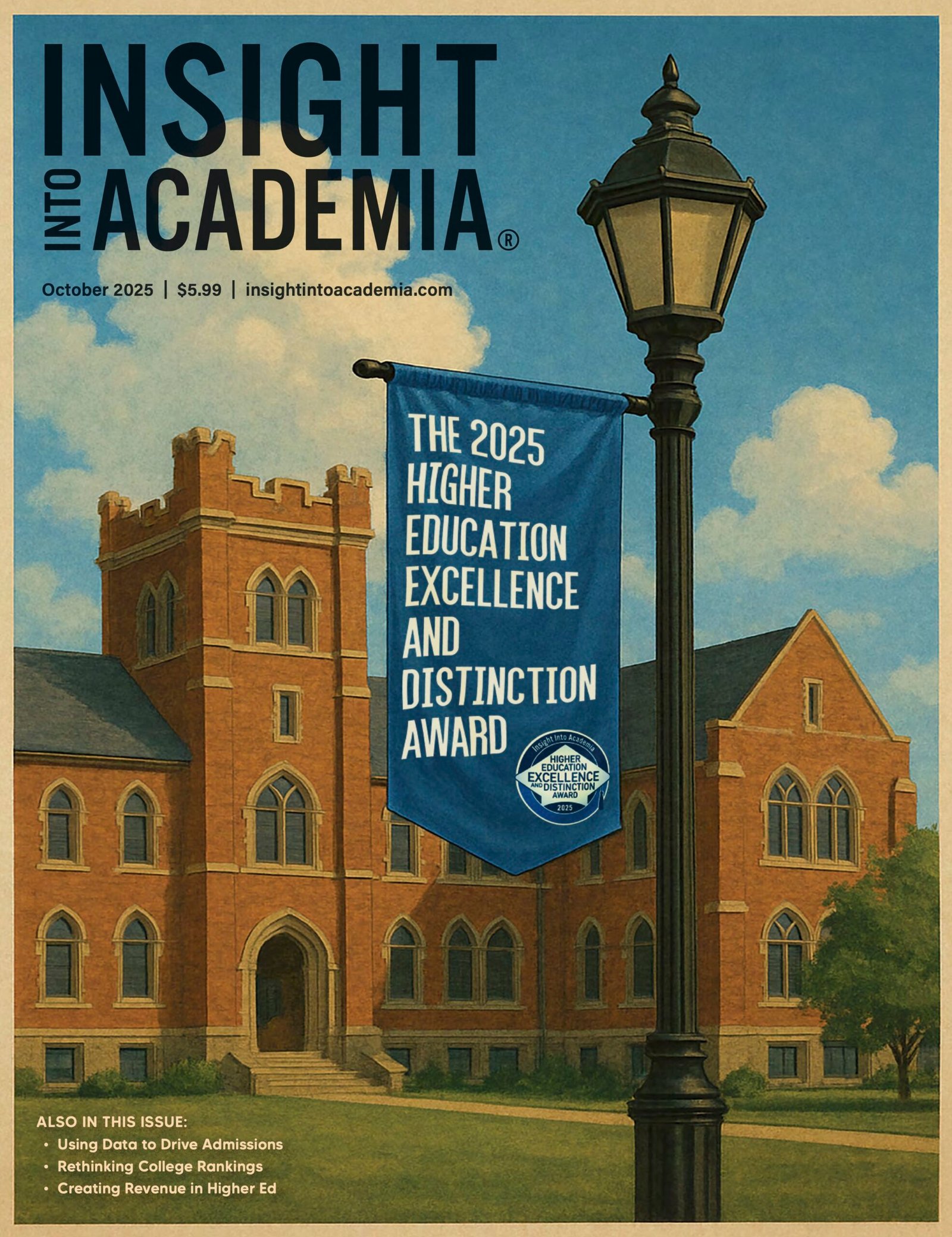The U.S. Department of Education announced this week that it will grant more than $40 million to seven higher education institutions and organizations as part of its Postsecondary Student Success Grant (PSSG) program. This initiative aims to improve completion rates among underserved students by supporting evidence-based strategies that address key challenges in postsecondary education.
The PSSG program focuses on enhancing student retention, transfer rates, credit accumulation, and overall completion by leveraging data and scaling proven approaches. By prioritizing equity, the program seeks to ensure that more students, especially those from underrepresented backgrounds, can achieve credentials that lead to economic success and further educational opportunities.
“Across the country, colleges and universities are rejecting the old idea that weeding out students was a sign of quality, and instead they are taking responsibility for all of their students’ success,” U.S. Under Secretary of Education James Kvaal said in a press release. “These awards will not only help find new ways to help students graduate; they will help change expectations.”
The grantees are implementing various evidence-based projects to improve outcomes for underserved students. These projects range from enhanced advising and personalized financial coaching to the development of guided learning pathways and strategic support for transfer students. The seven grantees and the amounts they received are as follows:
- California State University, Fresno Foundation: $7,959,963
- Center for Collaborative Education: $8,000,000
- New York Institute of Technology: $2,763,820
- Research Foundation for The SUNY – Albany: $3,998,852
- Portland State University: $7,823,199
- Jarvis Christian University: $3,418,794
- The University of Texas at San Antonio: $7,299,868
In addition to awarding grants, the department has also published the final rule for the PSSG program, establishing guidelines for future funding competitions. The rule sets three tiers of evidence standards and emphasizes the use of data for continuous improvement. It also requires grantees to conduct independent evaluations of their projects’ effectiveness, with a particular focus on under-resourced institutions.
Despite recent progress, challenges remain in achieving higher completion rates. According to the National Student Clearinghouse Research Center, only 62% of students graduate within six years, with significantly lower rates among Black students. However, the national graduation rate has improved by 7% over the past decade, a sign that innovative approaches are making a difference.















